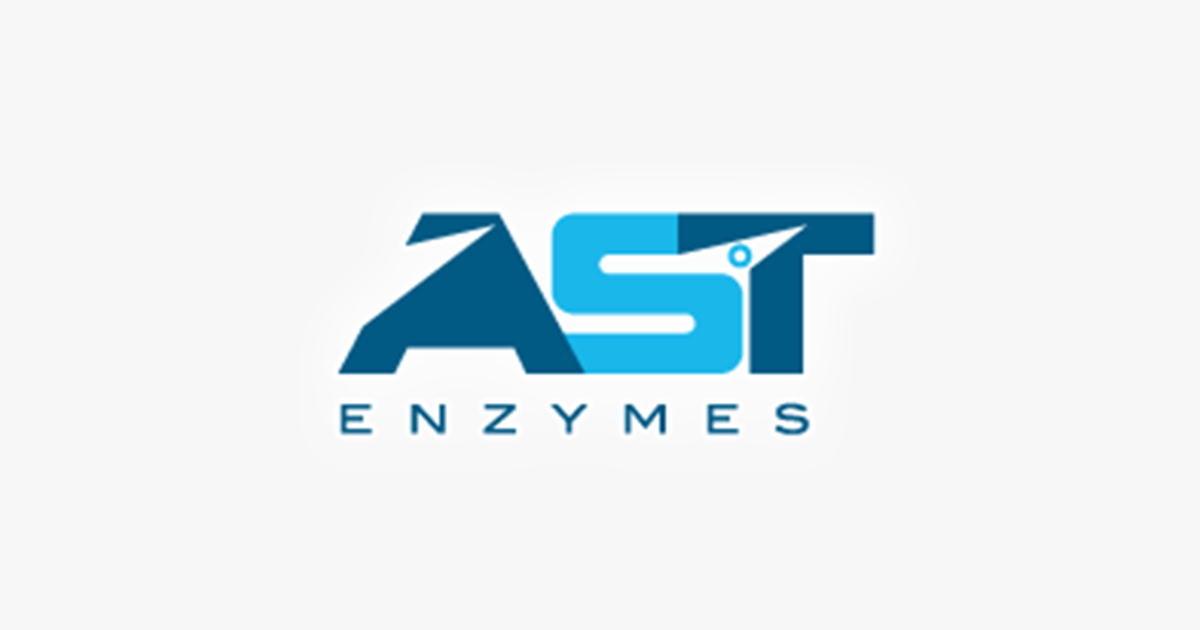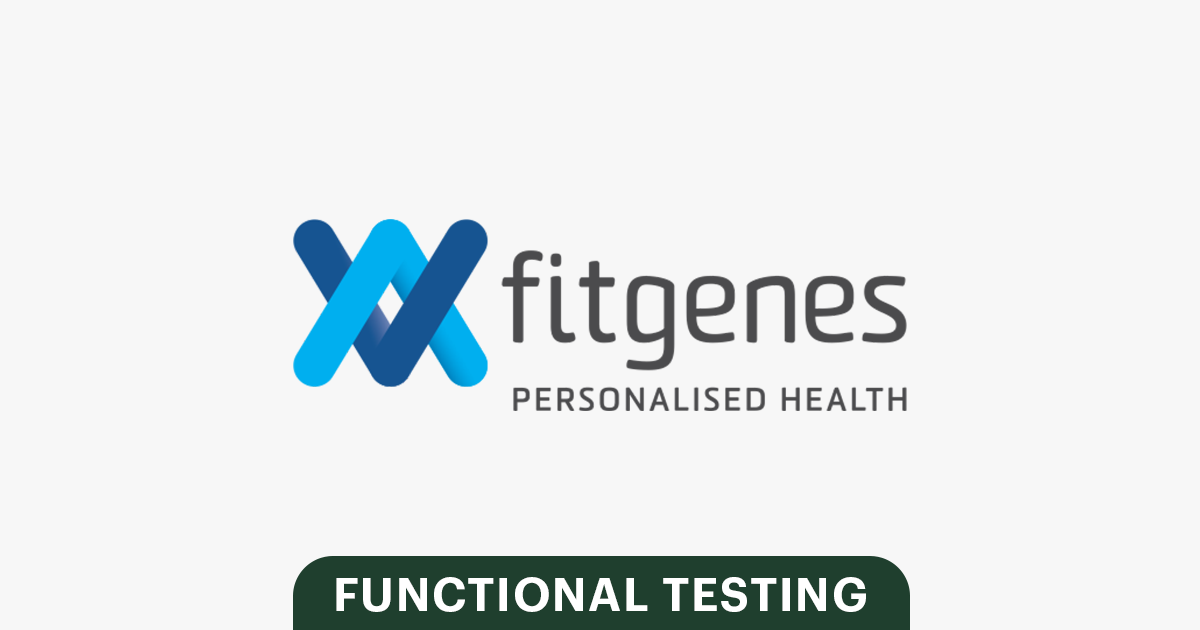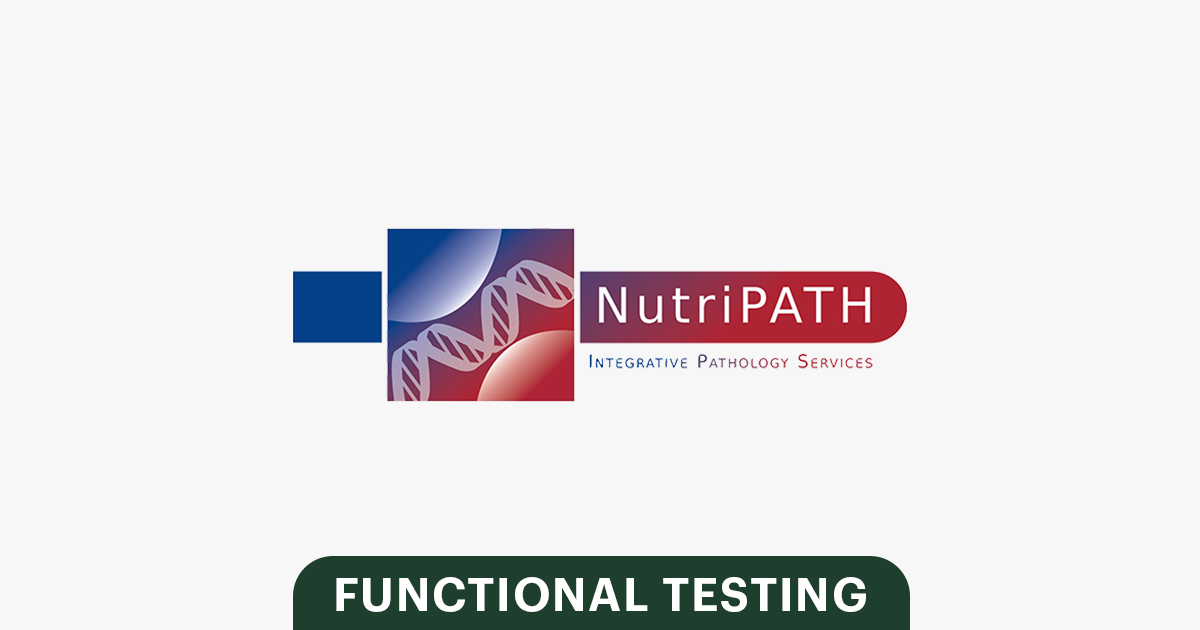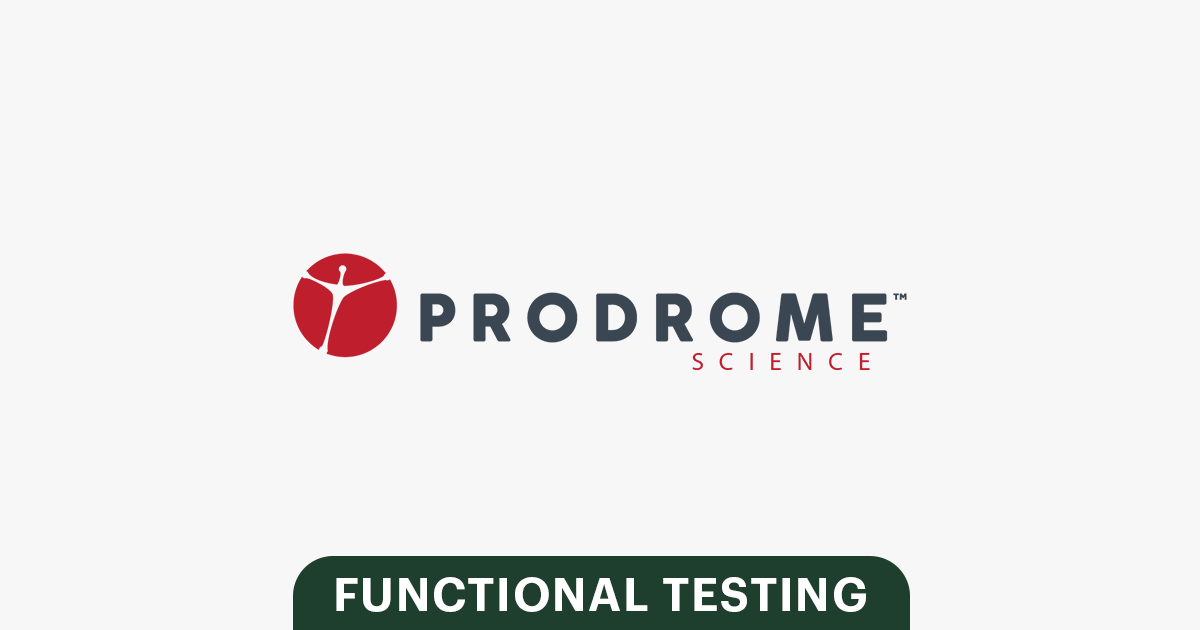
Avemar is an all-natural, clinically proven, dietary supplement for cancer patients. Medical experts recognise Avemar as an effective supportive cancer treatment and recommend complementing the diet of concerned patients with Avemar.
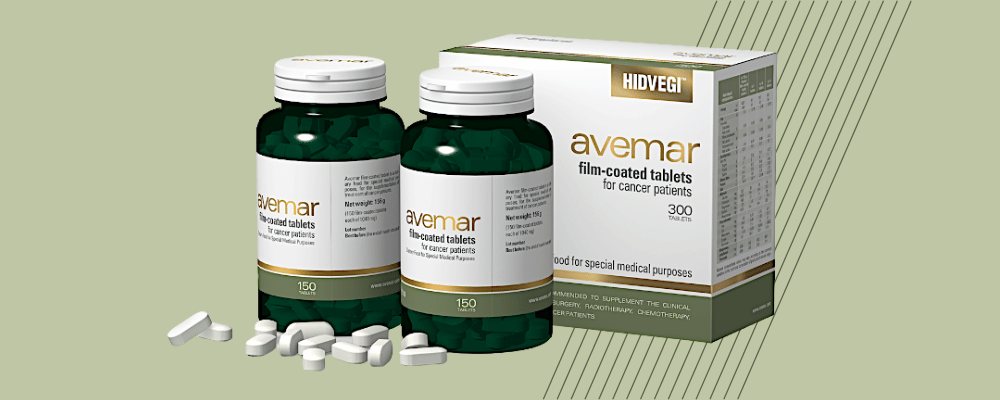
Fermented Wheat Germ Extract
Avemar pulvis, the active ingredient of Avemar products, is made from fermented wheat germ. Wheat germ can be subjected to fermentation with Saccharomyces cerevisiae (baker’s yeast) to yield the important benzoquinones: 2,6 dimethoxy-benzoquinone (DMBQ) and 2-methoxy-benzoquinone (MBQ). These benzoquinones are present in unfermented wheat germ as glycosides. The glycosidase activity, what is present during fermentation, leads to release of the benzoquinones as aglycones.
Following fermentation, the aqueous extract of wheat germ is decanted, and the product is spray-dried, homogenized, encapsulated, and formulated. The dried fermented wheat germ extract is standardized to the methoxy-substituted benzoquinones, DMBQ and MBQ, at a concentration of 0.04%.
Since the invention of Avemar pulvis, significant research has been undertaken – not only in the laboratory, but in laboratory animals and human cancer patients as well.
Over 100 reports have been written for presentation or publication since 1998, and over 33 peer-reviewed scientific papers are currently accessible at PubMed database. All scientific publications are accessible at the official Avemar Research website. In several years long human studies, no toxic or adverse effects of Avemar have been found. The product has not shown any adverse interaction with anti-cancer drugs generally used in medical oncology practice.
In scientific studies Avemar:
- Assisted the overall survival, metastases-free survival, and progression-free survival of certain cancer patients
- Assisted the tolerance for surgeries, chemotherapy, and radiotherapy
- Supported and not interfered with the anticancer effects of chemotherapies
- Assists in reducing the severity of the immune suppressive effects of surgery, radiation, and chemotherapy
- Supported the quality of life and physical condition of early and late-stage cancer patients (less fatigue, less pain and increased appetite)
- Supports the Up regulation of the Th1 (cellular) immune function, while inhibiting Th2 (humoral) immune function
- Supported cancer cell apoptosis (programmed cell death)
- Supports the ability of NK cells to identify and kill cancerous and other target cells by down regulating the presentation of MHC-I molecules on infected cells
- Supported the production of TNF-alpha by macrophages
- Supported the tumour invasive potential of immune system cells by up regulating ICAM-A molecules in micro-vascular endothelial cells
- Supported the glucose metabolism of cancer cells by decreasing intracellular glucose uptake and shifting glucose away from DNA synthesis
Are you a health practitioner who would like to access these products?
If you are a patient and would like to access these products, use our map to find your local Practitioner.




